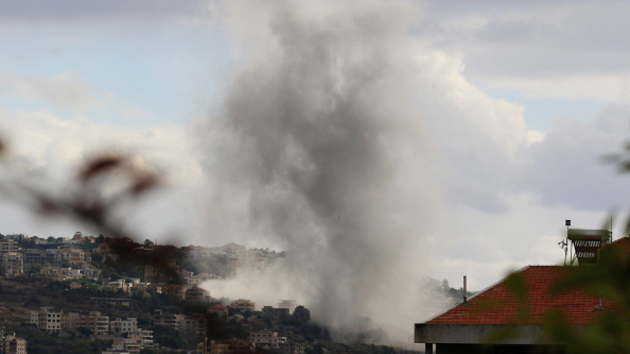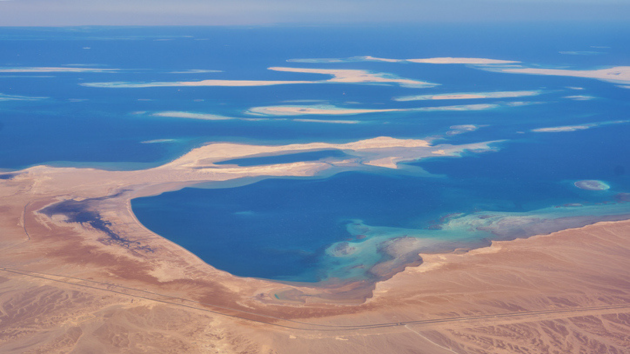Climate change one of the main factors that led to catastrophic flooding in Libya: Report
Written by ABC Audio ALL RIGHTS RESERVED on September 19, 2023
(LONDON) — Climate change was one of the main factors that led to the catastrophic flooding in Libya, according to a new report.
World Weather Attribution (WWA), a collaboration of scientists from all over the globe, released a new report on Tuesday saying that human-caused climate change played a role in the devastating heavy rainfall event earlier this month in the Mediterranean.
“Human-caused warming made the heavy rainfall up to 10 times more likely in Greece, Bulgaria and Türkiye and up to 50 times more likely in Libya, with building in flood plains, poor dam maintenance and other local factors turning the extreme weather into ahumanitarian disaster,” the statement said.
While the WWA says that it is impossible to blame humans entirely as a direct cause of a natural disaster, it is emissions made and manufactured by humans and the warming of our planet that have increased the severity of these events.
“To quantify the effect of climate change on the heavy rain in the region, scientists analysed climate data and computer model simulations to compare the climate as it is today, after about 1.2°C of global warming since the late 1800s, with the climate of the past, following peer-reviewed methods,” the WWA said on Tuesday.
“For Greece, Bulgaria and Türkiye, the analysis showed that climate change made the heavy rain up to 10 times more likely to happen, with up to 40% more rain, as a result of human activities that have warmed the planet,” the report from the WWA concluded.
The report doesn’t place the blame squarely on climate change, however, and concluded that human error was another major element that contributed to the severity of the event.
Although the heavy rainfall in Libya is unusual and rare even factoring in climate change, the report highlighted poor dam maintenance, land use, armed conflict and political instability as factors that all played a significant role in the humanitarian disaster.
“The study also found that the destruction caused by the heavy rain was much greater due to factors that included construction in flood-prone areas, deforestation, and the consequences of the conflict in Libya,” the report said.
“The Mediterranean is a hotspot of climate change-fueled hazards. After a summer of devastating heatwaves and wildfires with a very clear climate change fingerprint, quantifying the contribution of global warming to these floods proved more challenging,” Friederike Otto, senior lecturer in Climate Science at Grantham Institute – Climate Change and the Environment, Imperial College London, said. “But there is absolutely no doubt that reducing vulnerability and increasing resilience to all types of extreme weather is paramount for saving lives in the future.”
Alex Hall, director of UCLA Center for Climate Science, told ABC News that events like the one in Libya are much more likely to occur because of greenhouse gas emissions of the past 150 years and that “there is now about 10% more water vapor in the atmosphere.” Hall explained that this serves as extra fuel for storms and leads to more intense precipitation.
Said Julie Arrighi, director at the Red Cross Red Crescent Climate Centre: “This devastating disaster shows how climate change-fueled extreme weather events are combining with human factors to create even bigger impacts, as more people, assets and infrastructure are exposed and vulnerable to flood risks.”
Copyright © 2023, ABC Audio. All rights reserved.







